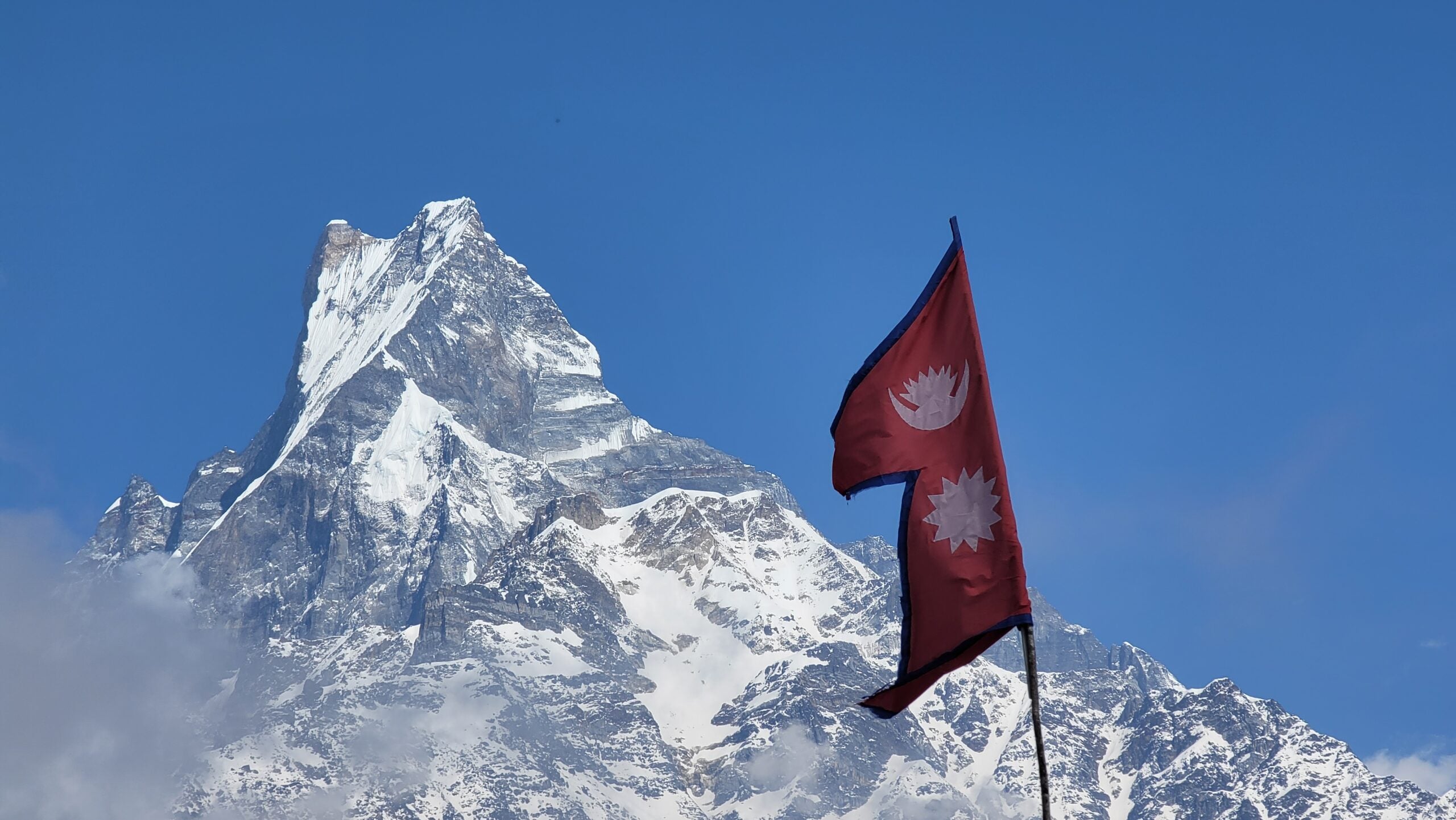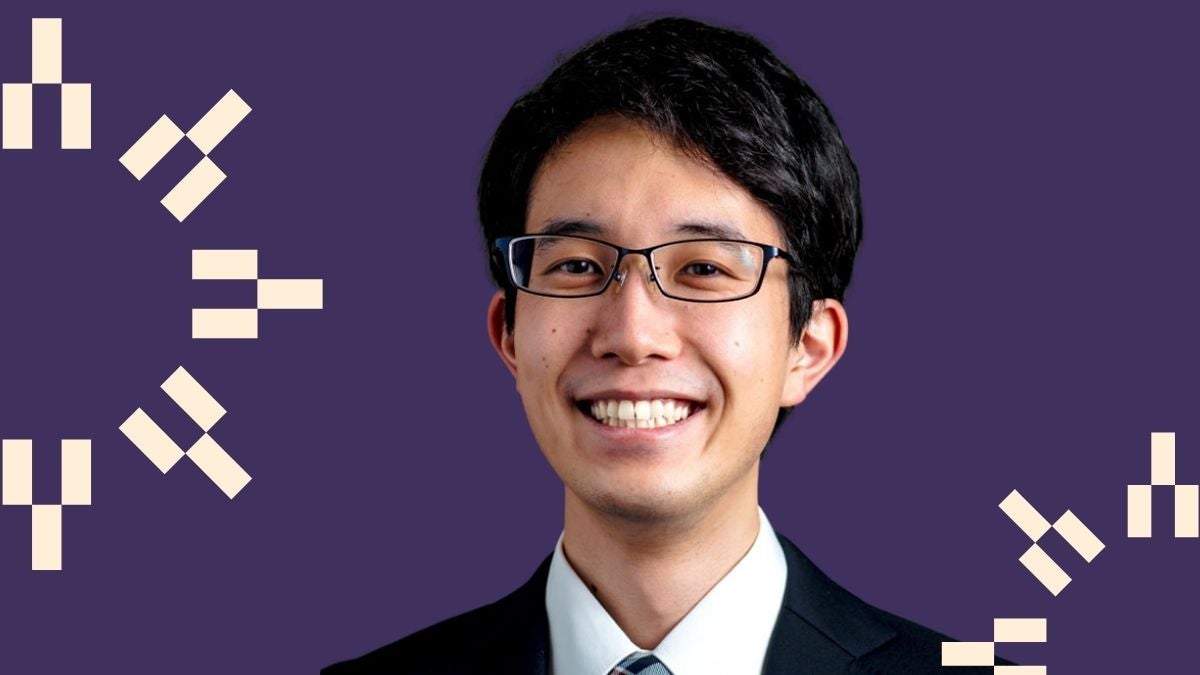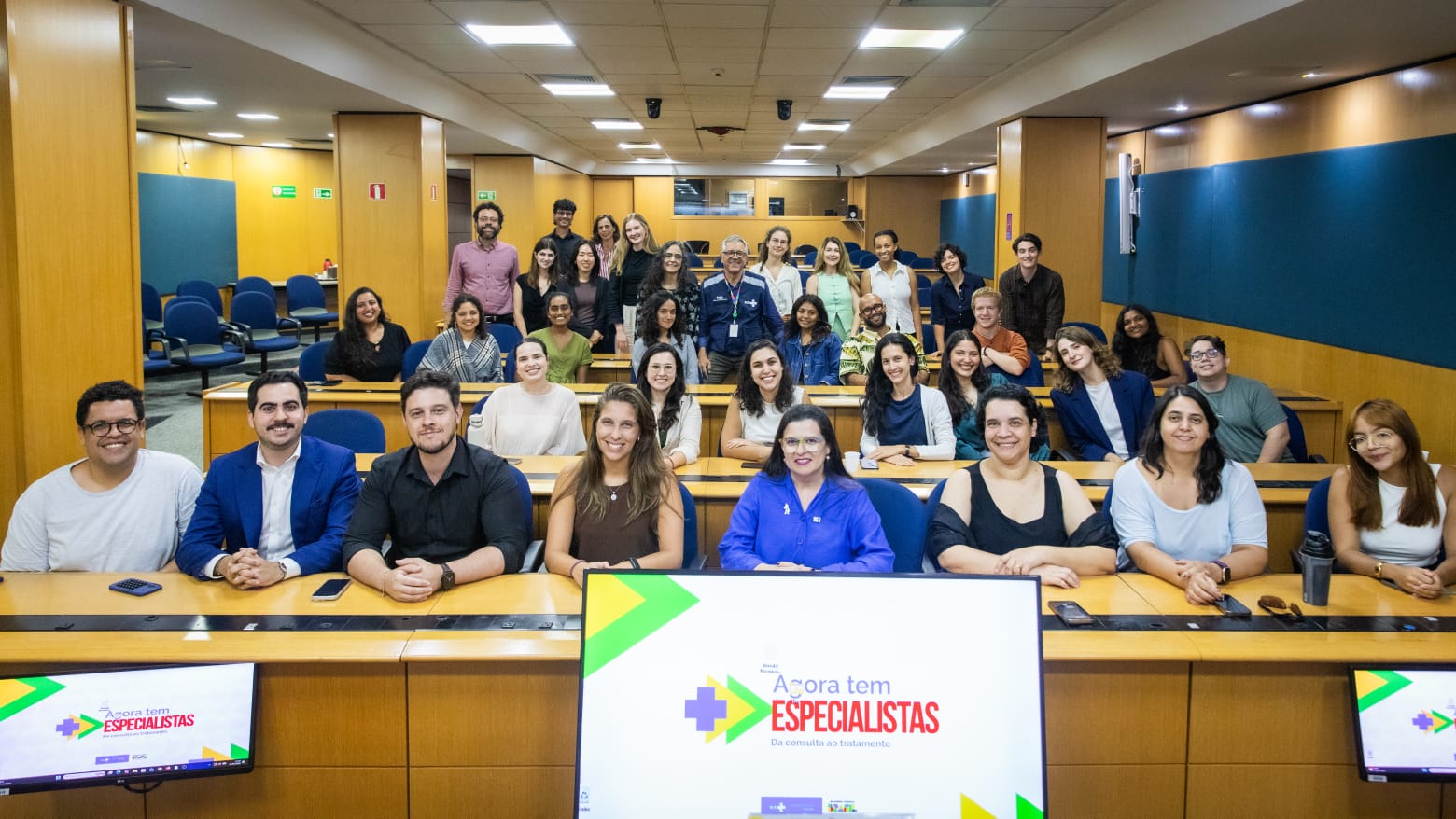Moving Forward From Our Time In The Field
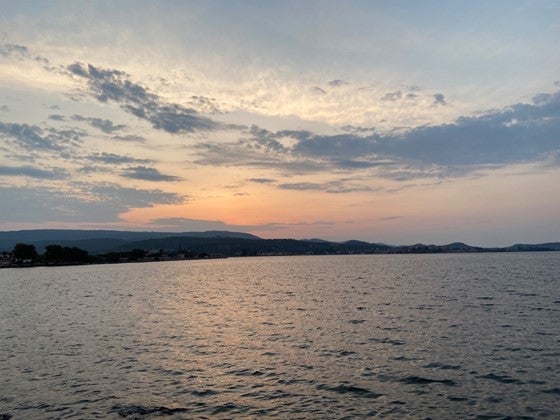
Pictured above: Sunset at the camp. This is the sea that refugees journey across from Turkey to Lesvos.
By Maleeka Shrestha and Kendra Sterneck
Rose Service Learning Fellows
MPH Candidates, Department of Social and Behavioral Sciences
Moving Forward From Our Time In The Field
With support from the Rose Service Learning Fellowship, we had the opportunity to work with Crisis Management Association (CMA) in the Mavrovouni Refugee Camp in Lesvos, Greece. The camp houses roughly 5,000 refugees from various countries of origin, many of whom take treacherous journeys from Turkey to the island of Lesvos on small boats and dinghies.
CMA is a local Greek nonprofit that provides free medical care in the refugee camp. They operate the central pharmacy and the only dental clinic in the camp. CMA previously provided chronic care and psychiatric care; services that are currently on pause because of funding limitations. Our project aimed to evaluate CMA’s organizational model and services, specifically the impact of local Greek providers and refugee staff on patient care and experiences. We conducted participant observation and key-informant interviews with health organization employees which helped us understand the overall healthcare system for the refugee community in Lesvos.
As we sat in on patient appointments and assisted with operations of the pharmacy, we witnessed the critical role organizations like CMA play in filling the gap in access to medical care for refugees. CMA is part of an ecosystem of several humanitarian organizations providing medical and psychosocial services to refugees in Lesvos. Together, these organizations create spaces that humanize refugees and respect the inherent dignity of a community treated elsewhere as a “crisis” to be solved.
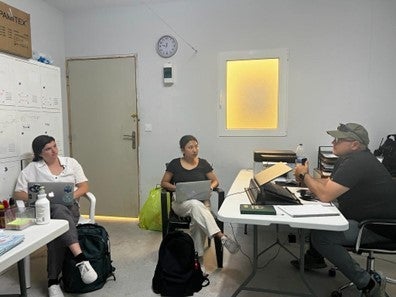
At the core of this ecosystem are interpreters, with lived experiences as refugees, whose roles are often overlooked and need to be uplifted. While the organizations are doing incredibly important work in serving refugees, none of the work would be possible without interpreter staff serving as bridges between the organizations and the community. They translate the many languages spoken, advocate for their community, and provide invaluable sociocultural contexts and understandings of what it means to experience forced displacement. Their perspectives are critical and need to be at the front and center to ensure that the services offered by humanitarian organizations are in line with what the community truly needs. CMA models this by ensuring representation of refugee staff across all levels of the organization. In fact, CMA was founded by refugees, Greeks, and international humanitarian workers together, which sets them apart from other humanitarian organizations in Lesvos.
Our time in Lesvos was beyond meaningful and impactful, both professionally and personally, for both of us. We laughed, we cried, we worked, and we rested. Most importantly, we met some of the kindest people with incredible stories who taught us so much about life and the world. Here are some of our reflections from the field:
How Do We Hold Ourselves Accountable To The Communities We Serve?
Maleeka
- How do we tell stories of strength and joy of communities that are viewed as research subjects and labeled as at-risk or vulnerable by the field of public health?
- How do we truly practice the ethos of our field that calls for health equity and justice?
- What responsibilities do we have given our positionality as Harvard academics to ensure that the work we do is not extractive of the communities we claim to serve?
- How do we continue to build on the relationships we establish with community members during our time “in the field?”
These are some of the questions I have been grappling with as I find myself back in the US and in academia after spending this summer working with CMA. I do not have all the answers, and I will continue to question and reflect on my positionality as I move forward from my time in Lesvos.
As an emerging public health professional, I have been trying to steer away from the deficit lens with which we approach our work with communities. Yet I found it challenging when we were surrounded by violations of human rights, for instance, restrictions on food and water and people being pushed back and left stranded in the sea. I questioned myself: What is the positive in all of this? And is it the right question or approach in the context of where we are?
Despite the challenges the refugee community in Lesvos endures that seemed overwhelmingly endless, it is critical to center stories of strength, joy, and hope. I saw glimmers of it when the whole community rallied with joyous music blaring from the housing tents to the front gate to see off members who had received positive decisions and could leave the camp. I witnessed the blossoming of friendship among a group of elderly men who would go on walks, chatting and laughing, every evening. I saw determination in young people learning German and English in preparation for professional degrees they wanted to pursue once they could leave Greece.
Of the many lessons I learned in Greece, the one that has stuck with me is to not be desensitized to the numbers, statistics, and the terms we throw around in public health. We must be mindful not to perpetuate incomplete narratives in the way we talk about the communities we hope to advocate for. In preparation of my time in Lesvos, the literature led me to create a preconceived idea of the refugee community as a monolithic, voiceless, and vulnerable community dependent on the expertise and advocacy from humanitarian professionals and academics. My time in Lesvos showed me otherwise.
Although we have a role to play as academics in advocating and advancing equity for the refugee community, we need to ensure that our voices and “expertise” do not overshadow that of the community. When we talk about refugees and forced migration and displacement, we need to remember that we are referring to real people and communities with rich history, stories, knowledge, hopes, and aspirations. And while it is important that we shine light on the hurt and injustice communities endure, we also need to create spaciousness in our work to equally uplift their strength and resilience.
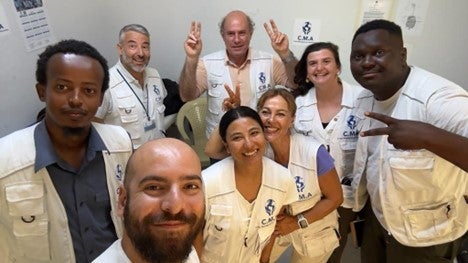
What Do We Do Now?
Kendra
It has been three months since returning from Lesvos, Greece where Maleeka and I worked with CMA in Lesvos. Each day we entered the camp, observed various medical clinics and pharmacy operations, and interviewed several health organization employees learning about the realities of health care in the camp.
One day, I sat in the Chronic Care Clinic with a Greek doctor and interpreter. A patient came in and shared her story of dealing with diabetes, being a single mother, and having a 12-year-old child with autism while living in difficult circumstances. Emotions overcame me. That woman deserved someone to advocate for her and her child, yet she wasn’t in an environment with that kind of support. In that moment, it was crystal clear that the most vulnerable people suffered the most in these environments.
That woman and her story stuck in my mind throughout the following days and weeks. The impact of her story and many others we heard and observed solidified my determination to advocate for better health access for those most in need. However, after the quick six weeks, we were back in our hustle bustle of life back in the US, and I have quickly let the stress of classes and life here become my priority. While we were still working on our report for CMA, I felt as if I wasn’t doing enough. How could we be okay leaving, knowing that many people, just like that woman and her daughter, were suffering?
I learned and questioned a lot while in the field, and I continue to learn and question in my recent time of reflection. The biggest question that comes to mind is “How do I return to the normal hustle bustle of life in Boston and at Harvard after my experience, while still keeping the experience, the community, and the reality that the refugees are facing close?” It feels wrong going about our lives when there is so much need in the world. However, through reflection and discussion with Maleeka, I have chosen to support CMA from afar in ways that I can.
While in the field, we saw the significant need for quality health care in refugee camps. I think about the importance of our education and being present now so that we can be as effective as possible to create meaningful change for these populations and address the problems that exist in refugee health in the future.
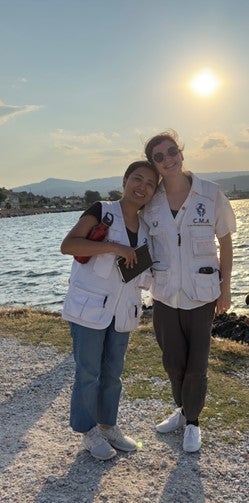
So, what do I do next? The thing that feels right in this moment is to stay connected with CMA, helping in all ways I can, but also focus on my education so that I can learn the knowledge and skills needed to be effective and a strong leader. Since submitting our final project product to CMA, Maleeka and I have stayed on as Student Ambassadors. We are supporting CMA to recruit future interns and roles, spread the word of the work they do to our communities, and help with initiatives that are connected to the organization’s North America partners. Despite not being on the ground, we are in a world today where staying connected and helping from a far is in reach.
